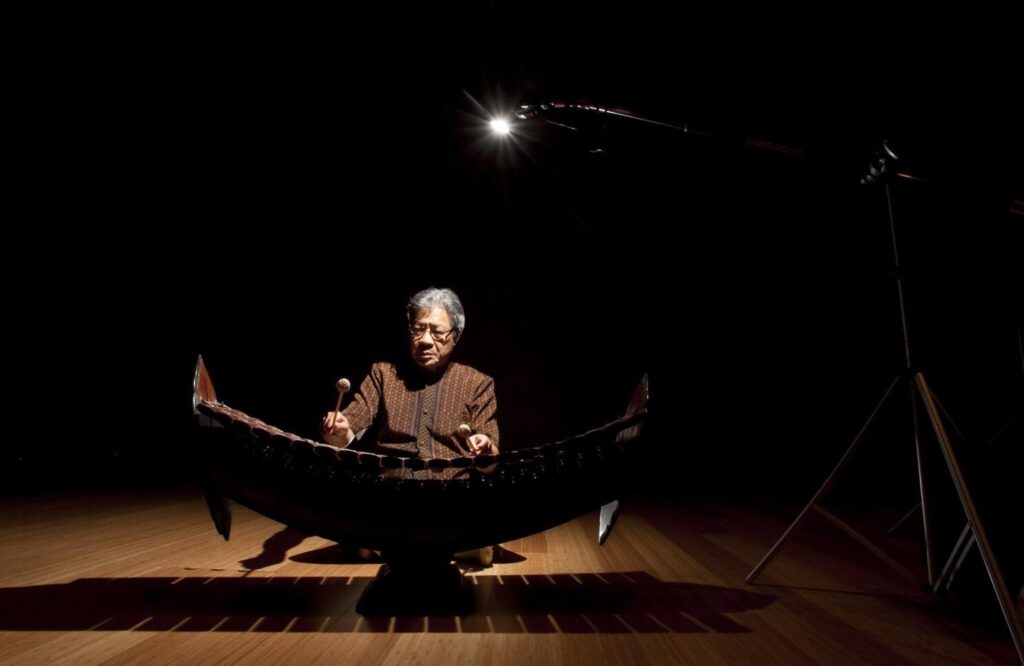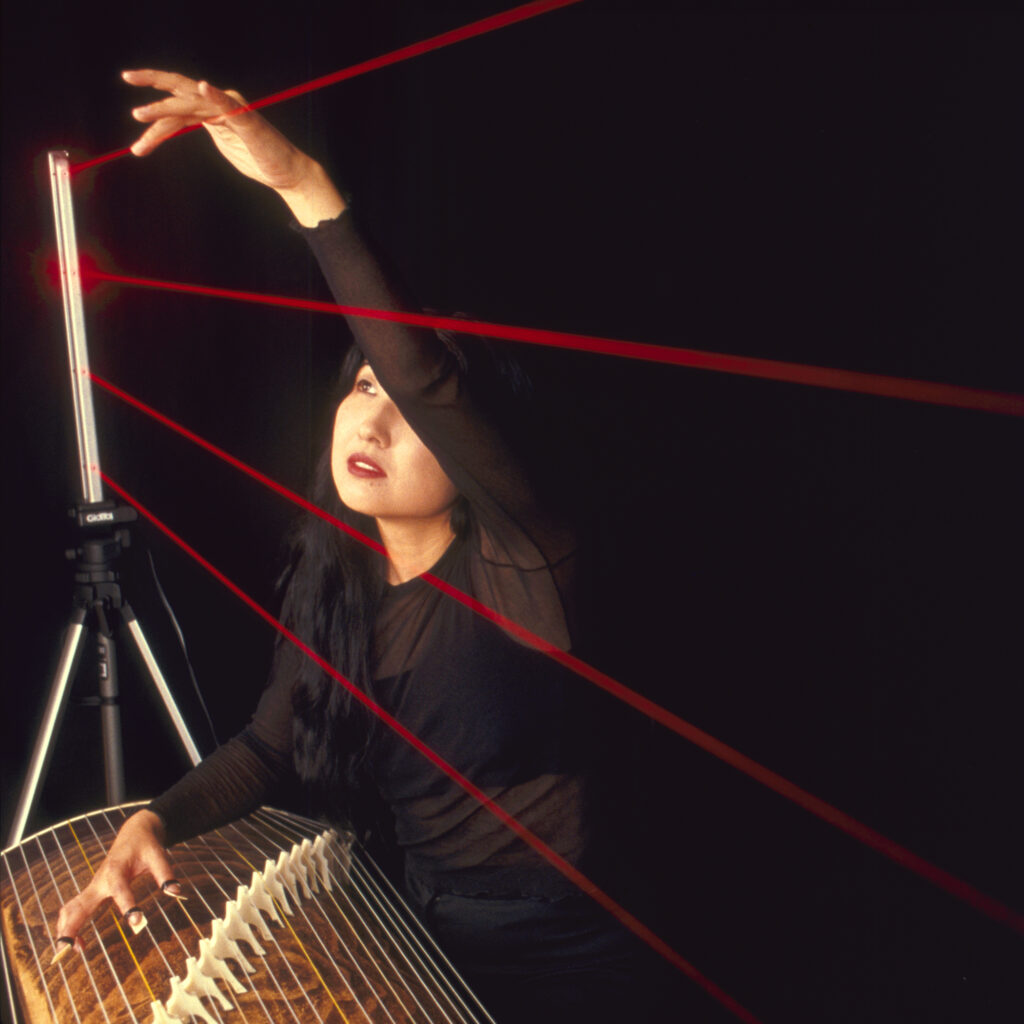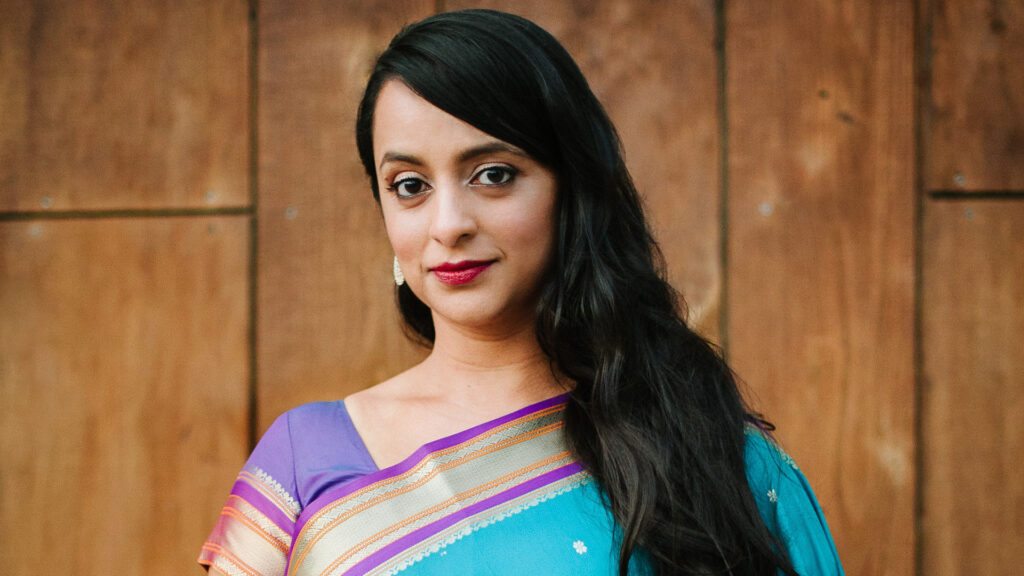Every May, we celebrate Asian American and Pacific Islander (AAPI) Heritage Month to honor the rich tapestry of cultures, traditions, and artistic expression that stems from the people of Asia and the Pacific. According to the 2020 Census, over 20.6 million Americans identify as Asian, Native Hawaiian, or Pacific Islander. These regions include over 70 countries with unique musical traditions and influences.
Music plays a vital role in storytelling and cultural identity, and this vibrant landscape encompasses a vast array of styles and influences, with each region offering a unique sonic palette. The featured composers in this piece represent just a fraction of the immense talent within the Asian American and Pacific Islander community. We encourage you to use this collection of composers and resources as a starting point to explore artists, genres, and instruments that may be new to you.
Discover AAPI Composers
Queen Lili’uokalani (1838-1917), the last reigning monarch of Hawaii, wasn’t just a political figure. She was a gifted musician who composed over 160 songs, including the beloved Hawaiian hymn “Aloha Oe.” Her music blends Hawaiian traditions with Western musical influences, offering a window into Hawaiian culture and her own experiences.
Earl Kim (1920-1998) was a Korean American composer and music educator. His works explored diverse forms, with a focus on vocal and music theatre. Many of these pieces incorporated the writings of Samuel Beckett. Kim believed every sound should serve a clear intention. This philosophy resonated with audiences and performers alike.

Cambodian-born composer Chinary Ung (b. 1942) is a master of musical fusion. His unique approach allows him to bridge cultural divides and express a powerful musical identity. Ung’s captivating works have garnered international recognition, solidifying his position as a leading figure in contemporary music.
Chinese American composer Chen Yi (b. 1953) seamlessly blends Chinese melodies and instrumentation with Western harmonies, creating music that resonates globally. Her impressive body of work encompasses a variety of genres, including orchestral pieces, chamber music, and vocal works. She is a recipient of the Charles Ives Living award, a recognition reserved for composers who have made significant contributions to American music.
Zhou Long’s (b. 1953) signature style blends Chinese folk songs with modernist classical influences, creating a unique bridge between Eastern and Western musical traditions. He is a Pulitzer Prize winner for his opera Madame White Snake.

Miya Masaoka (b. 1958) is a Japanese American composer, sound artist, and performer who explores the intersection of contemporary electronics, performance art, and traditional Japanese instruments. She often performs on a 21-string koto, which she manipulates with software processing, string preparations, and bowing techniques. Plants, human bodies, and architectural spaces all become potential instruments in her captivating sonic installations. She has received many accolades, including a Rome Prize, a Guggenheim Fellowship, and a Fullbright Fellowship for research on Japanese traditions Noh, gagaku, and ichigenkin.
Nilo Alcala (b. 1978) is the first Philippine-born recipient of the Aaron Copland House Residency. His compositions are written primarily for vocal ensembles, and he has had works commissioned by the Los Angeles Master Chorale, the National Music Competitions for Young Artists, and the a cappella group Esoterics.
Born in Taiwan, Wei-Chieh Lin (b. 1982) is an American composer who frequently draws on his Taiwanese heritage through folksongs and traditional melodies, as well as jazz and other popular genres. The composer’s award-winning catalog ranges from works for solo instruments to works for orchestra and chamber ensembles.
Laeilehua Lanzilotti (b. 1983) is a Kanaka Maoli (Native Hawaiian) composer and sound artist. She crafts music known for its captivating textures and deep connection to Hawaiian culture. She was a finalist for the 2022 Pulitzer Prize in Music for her string orchestra piece with eyes the color of time.

Indian American composer Reena Esmail (b. 1983) composes captivating orchestral, chamber, and choral works. She received a Fulbright-Nehru grant to study Hindustani music in India. A champion of inclusivity, her music fosters a sense of belonging through its exploration of shared humanity. She is currently the Los Angeles Master Chorale’s Artist-in-Residence and Artistic Director of Shastra, a nonprofit dedicated to bridging cultures through music.
This Asian American and Pacific Islander Heritage Month, let’s celebrate the rich musical traditions and innovative composers shaping the future of music. Explore their works, attend a concert, or share their stories with others. By amplifying their voices, we can create a more inclusive and vibrant musical landscape for all.
Play
- The Institute for Composer Diversity at SUNY Fredonia has a searchable and filterable composer database where you can find artist profiles based on the genre and instrumentation they have written for.
- Pianists can use a variety of identifiers in the keyword search to find music by composers from underrepresented communities in A Seat At the Piano’s database.
- Korean Art Song Resource is a project that aims to make Korean art songs more accessible for English speakers with a database of songs, translations, phonetic transcriptions, and performance videos.
Resources
- The US’s official website for Asian American and Pacific Islander Heritage Month brings together information on events and resources from the Library of Congress, the National Endowment for the Humanities, the National Gallery of Art, the National Park Service, the Smithsonian Institution, the United States Holocaust Memorial Museum, and the US National Archives and Records Administration.
- The Kennedy Center provides many arts education resources to learn about the music and arts of China, Japan, India, and other Asian & Pacific Islander cultures.
- Explore the Smithsonian’s collection of Asian Pacific American Heritage and Music.
- The University of Kansas’ Asian Classical Music Initiative (KU ACMI) promotes and presents AAPI classical music through concerts and conferences.
- Bravespace is a compilation of original songs, sounds, and meditations created by Asian American women and non-binary artists and musicians commissioned by The Smithsonian Asian Pacific American Center.
Community and Accessibility at Levine
Since our founding in 1976, Levine Music has been committed to cultivating an inclusive and supportive community that educates, inspires, and provides opportunities for all students, families, faculty, and staff. The art form of music has developed throughout the course of human history, serving a variety of sacred and secular functions in the history of nearly every culture across the globe. In our study of musical traditions past and present, we come across examples of historical figures, events, and ideologies that contradict our values. In our role as music educators, Levine not only provides context for these examples but also provides opportunities to expand our repertoire to include works, genres, artists, and cultures historically excluded from the canon.
Levine’s Community and Accessibility Working Group meets regularly to ensure we embody these ideals by monitoring our work, creating best practices, and encouraging transparency in the continual integration of Levine’s core values throughout our campuses and programs.
Learn more about Levine’s commitment to Community and Accessibility and our Community and Accessibility Working Group and its initiatives.
